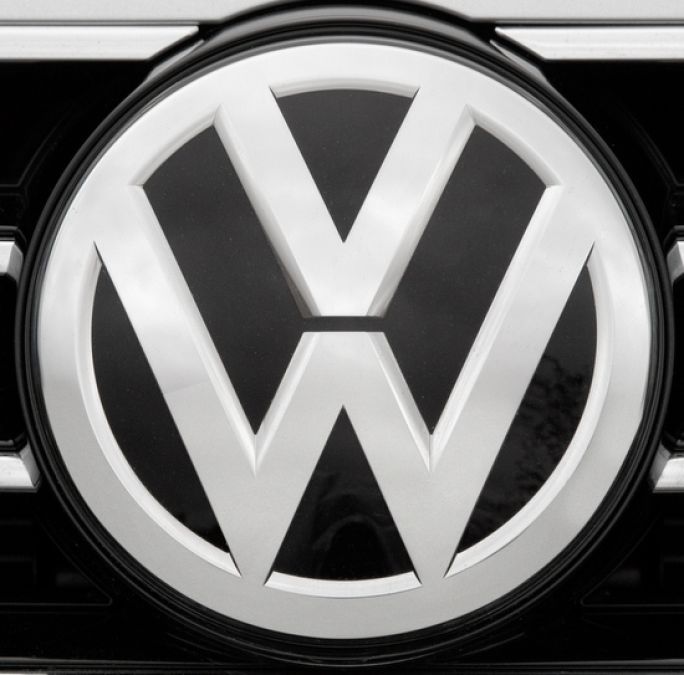For some reason, Volkswagen has never been able to turn the corner in the United States. Every time it has tried to succeed in this market, its efforts have seemingly been doomed to failure. A case in point is the Dieselgate affair. About a decade ago, Volkswagen’s management launched that they believed was a determined effort to take the U.S. market by storm. Their planning envisioned million-plus sales years and product leadership.
Much of that leadership, product planners believed, was to come in diesel cars and technology. Indeed, diesel was thought to be the instrument that would help tune the automaker’s marketing message. It was believed that it would also lead them to the top position in the U.S. market.
Looked Good, For A While
For six years, it looked as if it was poised make good on the promise that it believed the TDI vehicles represented. Indeed, sales were strong and were consistently in the 900,000 to 1 million per year range. The product mix of diesel to gasoline powerplants seems right. Things couldn’t have been going better.
Little did anyone realize at that time there was a rather large secret to VW’s success. The secret was revealed about a year ago when the automaker announced that it had committed significant fraud in emissions testing. The automaker’s vaunted “clean diesel” vehicles were nothing more than smoke and mirrors. Without the help of a software “defeat switch,” every vehicle equipped with a 2.0-liter, four-cylinder turbodiesel powerplant – 482,000 – and about 100,000 or a 3.0-liter V-6 motor could not meet U.S. standards for nitrous oxide emissions. Dieselgate has been felt worldwide as 11 million vehicles have been affected.
Volkswagen’s engineering team knew about the problem, and they successfully hid it from the world from 2009 to 2015. At that time, an independent research team unearthed the scam VW was conducting, and they blew the whistle. VW was issued a notice of violation by the Environmental Protection Agency (EPA). Senior managers lost their jobs as did some mid-level managers or engineers. The repercussions were staggering and have cost the automaker more than $17 billion to date, a staggering figure that is likely to climb.
Dieselgate seems to have been the ultimate proof that VW, while it does know how to market to the rest of the world, just can’t seem to make it here. There have been other, similar programs that encompassed gasoline powerplants and product mixes that have failed to produce nearly the result of the now-dishonored diesel program but which also show that the automaker cannot make it to the top here.
VW Tries A New Tack
As if to acknowledge that thinking, VW has taken a different tack that should propel them forcefully into a leading role in another piece of the diesel market, the heavies. Tuesday, VW announced it had invested more than $250 million in Navistar International, based in Lisle, Mich. Navistar is a U.S. manufacturer of heavy-duty diesel trucks. The linkage gives VW a 16.6 percent stake in Navistar and promises to make them a force in a different diesel market, one that it had probably had not envisioned when it launched the effort that resulted in the Dieselgate fiasco.
With the agreement announced Tuesday, VW Truck and Bus takes over a major, minority role in Navistar. On the plus side, it does, as noted, give them a foothold in the North American heavy-duty truck market, a “key market” where it was not previously represented. VW also gains two seats on the board of directors of Navistar. Both companies have promised close collaboration.
Navistar gains a technology partner and a badly needed shot-in-the-arm. Navistar has been struggling for the last several years as it has been unable to build engines that meet current and future emissions standards. By leveraging on VW Truck and Bus expertise, Navistar will get the powerplants it needs to remain competitive, as well as the vehicle-building acumen to help it remain a competitor. On the whole, it seems to work out well for both manufacturers. VW makes MAN and Scania heavies in Europe and has a major Brazilian plant.





